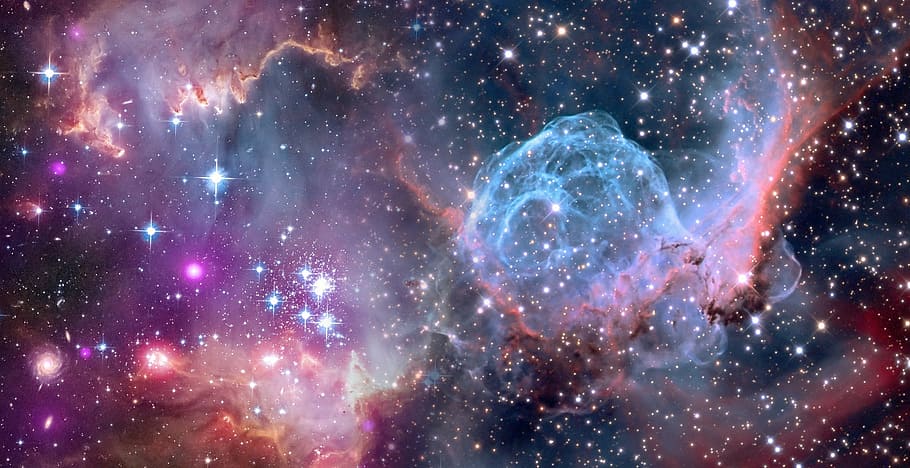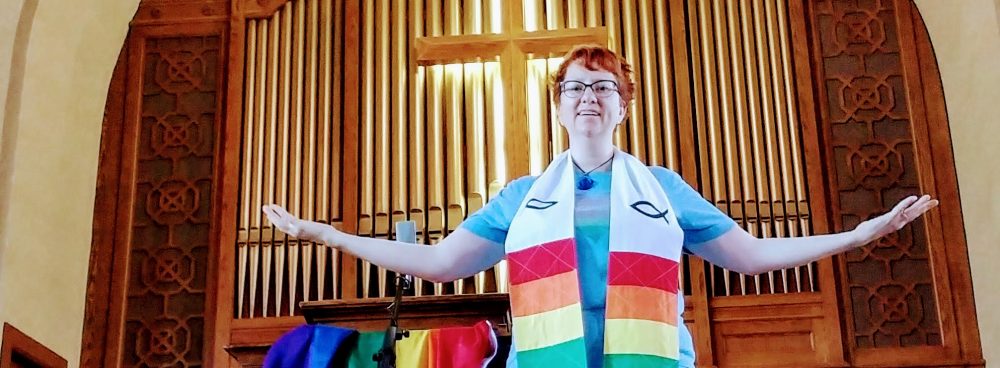
Many of you will remember Paul. He started life as Saul. He was a Roman citizen and a Jew. His mission from the Roman Empire was to hunt down the Jesus followers and get rid of them. As he was traveling, he had an experience of the Risen Christ. That experience changed Saul’s life. He was renamed Paul and spent the remainder of his life spreading the good news of Jesus everywhere he went. Paul shared his message with Jewish communities and with non-Jewish people.
Acts 17:22:31 tells the story of Paul in Athens. Paul ended up in Athens because he was chased out of several other communities. He was waiting for his friends Silas and Timothy to join him. While he was waiting, Paul took the opportunity to tour Athens. The city full of idols brought Paul discomfort so he got into religious discussions with the Jewish community, and any Greeks who were open to talking to him. Paul spent time debating with Epicurean and Stoic philosophers. Epicureans believed that the soul could not survive after death and that gods had no concern for humans or their behavior. Stoic philosophers placed an emphasis on logic, physics, and ethics. They also believed that the earth was alive and had purpose. I can imagine these very logical, rational people being suspicious of someone who follows a god who came to earth in human form, got killed and was then resurrected. What Paul was trying to explain to them didn’t make sense.
In order to debate this further, Paul was given an invitation to speak at the Areopagus where the Greek council met. Paul begins by acknowledging that there are shrines and idols all over the city. A particular shrine had caught Paul’s attention. It is a shrine to “an unknown God.” Why would people who pride themselves on logic and rationality make a shrine to an unknown God?
Paul Davidson tells the story of how the shrine to the unknown God came to be. Athens had an epidemic of some sort and sent a message to Epimenides of Crete inviting him to come and help them. He came and brought a flock of sheep. He let the sheep loose on Mars Hill. Wherever a sheep lay down, the spot was marked, and a sacrifice was made to the unknown god of that spot. When the plague ended there were alters all over the city to unknown gods. It wasn’t necessarily important to know what god they were praying to but to acknowledge that there was a sacred presence in that spot.
Paul affirms the sacredness by reminding his listeners that “God made the world and all that is in it.” Even if they couldn’t name God, they could acknowledge a holy and sacred presence. Many religions and cultures around the world believe that the earth is a living being, or that there are spirits within the earth, water, plants, and creatures. There’s something sacred about the universe that we cannot explain with words.
Christianity has sometimes carried an implicit sense of uniqueness and privilege and yet Paul seems to be affirming the wisdom of the Greeks who understand that God is present in each place. It is God who gives life and breath to humans and all creation. Paul goes on to suggest that the human purpose is to reach out and seek “the One” who is not far from any of us. Before we can reach out to “the One,” we need to be aware of that presence. The alters to unknown gods all over the city of Athens remind inhabitants that there is always sacredness. Paul goes one step further and quotes Epimenides: [God is] “the One in whom we live and move and have our being.” In other words, God’s presence is everywhere. How can you not be aware of the presence of God?
I find it fascinating that these words don’t come from elsewhere in scripture or from Paul himself. He quotes a Greek philosopher to make his point that God is all around us and we cannot exist without God. God is the one that creates us, gives us breath and spirit, and holds us through life and beyond life. Without God, creation would not exist.
The unknown God creates a space for common ground in interfaith dialogue. Most religions and cultures have some sense that there is sacredness all around us. We might attribute our care for the earth as a response to God who created the earth and calls us to be stewards but even people who identify as secular still see the earth as something that needs care and protection.
I think it is also interesting that for the Greeks, the importance of logic and rational thought does not exclude the possibility of gods. Our culture values logic and science and sometimes the dichotomy between faith and science is mutually exclusive. For example, can you believe that God created the universe and believe in the big bang and evolution? There are some Christians who would say you need to choose between what scripture says and what science says. I believe that God made the universe. I also believe in the science that tells us about the big bang that led to an always expanding universe and the process of evolution. Science and faith are both true at the same time.
I think science can give us some answers about how the world works. But it is God who is underneath and behind what we can see and experience and quantify with science. It is God that gives us life and breath and connects us with each other and the earth. There will always be things that we cannot explain. I think this unknown God leaves space for the mystery of life.
We don’t have to be able to name or describe God. God is the experience of life. As we live and move and have our being, we are experiencing God in every moment, whether we are aware of it or not. That same God lives in each person, in the earth, in the air around us. Some of us will name that being God, Yahweh, Allah, Great Spirit, or any other number of names. Paul might have used this speech with the intention of bringing awareness to what he thought was the one true God but I think this speech give us space to understand the richness and wisdom that comes from many different traditions. Paul and the Greek philosophers were both talking about the mystery of life and the sacredness of the earth. They found overlap in the belief that God was the creator and sustainer of life.
I’m intrigued by this unknown God. It reminds me that there is mystery in the world and that I don’t have to know or understand everything. It reminds me that God can be named and understood in many different ways. Sometimes Christian faith seeks certainty and is uncomfortable with paradoxes, challenges, or questions. Paul might have started this speech from his own conviction of faith but he was open to the wisdom that came from other traditions and open to understanding how that connected with his own faith.
In a community that is becoming more diverse, it is important to think about our own faith convictions and understand the wisdom that other traditions might have to offer. We need to approach these conversations with openness and curiosity.

